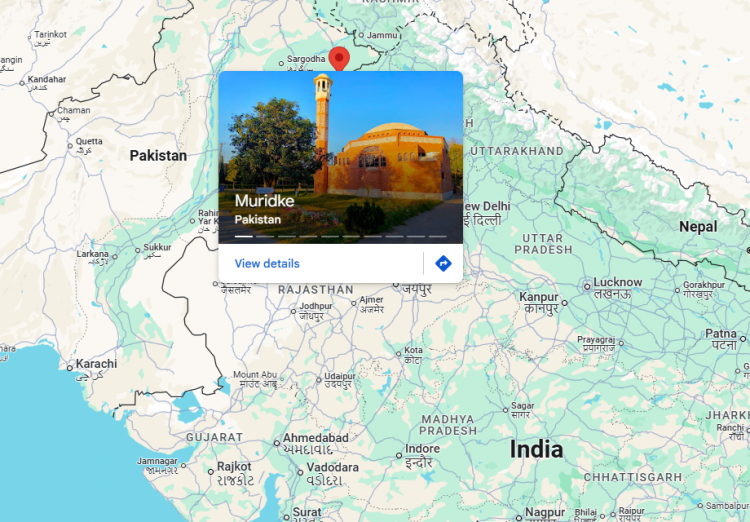India launched a wave of missile and air strikes into Pakistani territory early Wednesday, killing at least 26 people and triggering the worst military escalation between the two nuclear-armed rivals in more than two decades. The strikes, which India said targeted nine terrorist-linked sites, were described by Pakistan as "an act of war," prompting Islamabad to claim it shot down five Indian fighter jets in retaliation.
India's Defense Ministry said its forces struck infrastructure associated with militant groups including Jaish-e-Mohammed and Lashkar-e-Taiba in both Pakistan's eastern Punjab province and Pakistan-administered Kashmir. The strikes follow the April 22 massacre of 26 Hindu tourists in Indian-controlled Kashmir, which New Delhi blames on Pakistan-based Islamist militants. Pakistan has denied any involvement in the attack.
Indian Foreign Secretary Vikram Misri stated: "Intelligence and monitoring of Pakistan-based terror modules showed that further attacks against India were impending, therefore it was necessary to take pre-emptive and precautionary strikes."
Pakistan's military spokesperson Lt. Gen. Ahmed Sharif confirmed that six locations were hit, including civilian areas, and said the death toll included women and children. "Pakistan has every right to give a robust response to this act of war imposed by India, and a strong response is indeed being given," Prime Minister Shehbaz Sharif said in a statement.
Islamabad claimed that five Indian aircraft and drones were shot down, though Indian authorities have not confirmed the losses. Local officials in Indian-administered Kashmir told Reuters that three jets crashed in different parts of the region, with all pilots hospitalized. Images circulating on local media showed what appeared to be the wreckage of one downed craft, though Reuters could not independently verify the footage.
Civilians on both sides of the Line of Control suffered from intense shelling overnight. Indian authorities said 10 civilians were killed and 48 injured in Indian-administered Kashmir, while Pakistani officials reported at least six deaths and dozens wounded in retaliatory artillery fire. The operation, dubbed "Operation Sindoor" by Indian authorities, marks New Delhi's most forceful military action since its 2019 airstrike following the Pulwama attack.
The conflict drew urgent appeals from world leaders to de-escalate. U.S. President Donald Trump called the fighting "a shame" and said, "I hope it ends quickly." Secretary of State Marco Rubio spoke with both nations' national security advisers, urging "both to keep lines of communication open and avoid escalation."
United Nations Secretary-General António Guterres said on X that tensions were "at their highest in years," and warned that "a military solution is no solution." China's Foreign Ministry echoed the sentiment, stating: "China opposes all forms of terrorism and calls on both India and Pakistan to prioritize peace and stability, remain calm and exercise restraint."
Despite diplomatic appeals, the military and political rhetoric remained heightened. India “had ignited an inferno in the region," Pakistan's Foreign Ministry stated, pledging to respond "at a time, place and manner of its choosing."
Financial markets reflected investor concern. Pakistan's benchmark share index dropped nearly 6% at open before trimming losses, while India's Nifty 50 and Sensex indexes slipped early before recovering. The Indian rupee dipped 0.2% against the dollar. Major airlines, including IndiGo, Air India, and Qatar Airways, canceled flights across northern India and Pakistan due to airspace restrictions.






